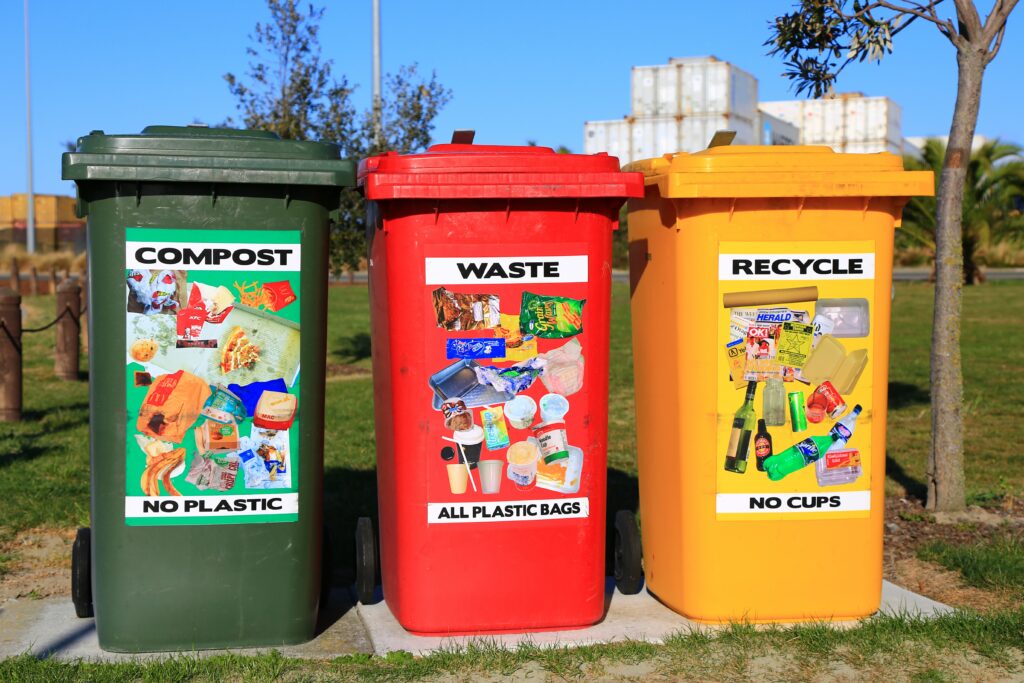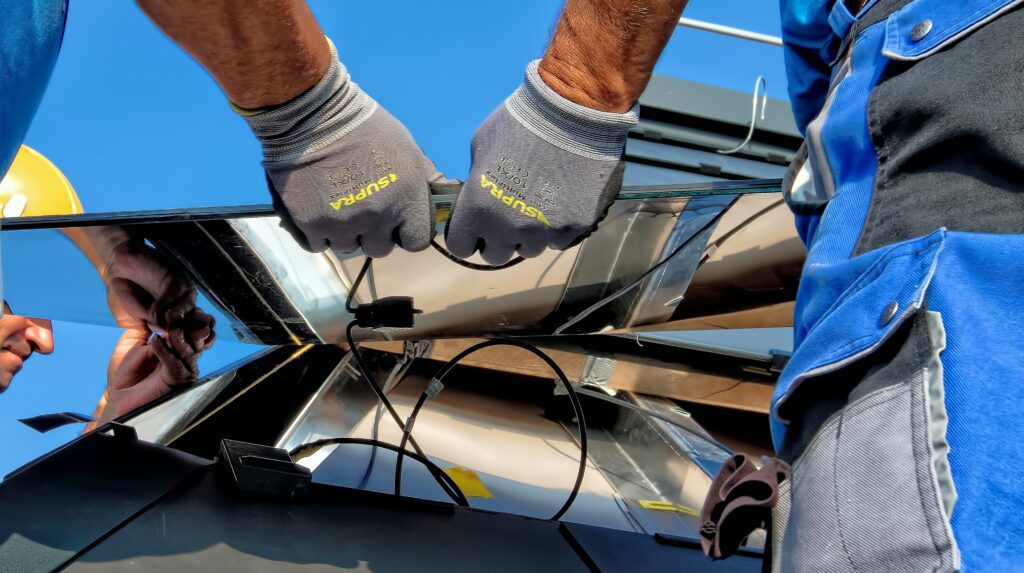With increasing concerns about the environment and the need for sustainable living, making eco-friendly choices has become a top priority for many homeowners. The good news is that you don’t need to embark on a complete renovation to reduce your carbon footprint. Small changes in your daily routine and a few thoughtful adjustments to your home can make a significant difference. In this blog post, we’ll explore six effective ways you can make your home more eco-friendly, enabling you to contribute to a greener and more sustainable future.
Embrace Energy-Efficient Lighting
Lighting is an essential aspect of every home, and by switching to energy-efficient alternatives, you can make a substantial impact on your energy consumption. Replace traditional incandescent bulbs with energy-efficient LED or CFL bulbs. These bulbs not only last longer but also consume significantly less energy. Consider installing motion sensor lights in rooms that are frequently occupied, ensuring that lights are not left on unnecessarily.
Additionally, maximizing natural light is an effective way to reduce energy usage during the day. Keep curtains open and strategically place mirrors to reflect sunlight, brightening up your living spaces without relying on artificial lighting.
Harness the Power of Renewable Energy
Renewable energy sources, such as solar power, offer an excellent opportunity to reduce your reliance on fossil fuels and decrease your carbon footprint. Installing solar panels on your roof allows you to generate clean energy while potentially saving on your electricity bills. Luckily, as you can see at https://solarpanelinstallation.co.uk, solar panel installation has never been easier or more affordable. All you have to do is contact a local installation company, and they will take care of all the necessary paperwork and ensure that your solar panel system is installed safely in no time
Many governments also offer incentives and tax credits for adopting renewable energy systems, making it an economically viable choice in the long run. And if you end up producing more energy than you can use, you can even sell back excess energy to the grid.
Optimize Heating and Cooling Systems
Heating and cooling systems account for a significant portion of household energy consumption. To make your home more eco-friendly, ensure that your HVAC (Heating, Ventilation, and Air Conditioning) system is well-maintained and operating efficiently. Regularly clean or replace air filters to improve airflow and reduce energy usage.
Consider upgrading to a programmable thermostat, which allows you to adjust the temperature according to your schedule, preventing unnecessary energy wastage when you’re away. Implementing proper insulation, weatherstripping, and sealing air leaks in windows and doors can also go a long way in reducing energy loss and maintaining a comfortable indoor environment.
Conserve Water
Conserving water is another crucial aspect of creating an eco-friendly home. Small changes in your daily habits can significantly reduce water consumption. Install low-flow showerheads and faucets, which can reduce water usage by up to 50% without compromising on functionality.
Collect rainwater in barrels or tanks for outdoor irrigation, reducing the need for tap water. Fix any leaks promptly, as even a small drip can waste a surprising amount of water over time. Additionally, consider replacing your conventional toilet with a dual-flush model, allowing you to choose the appropriate water volume for each flush.
Practice Sustainable Waste Management
Proper waste management is a fundamental step in creating an eco-friendly home. Implement a recycling system and ensure that recyclable materials are sorted correctly. Compost organic waste, such as food scraps and yard trimmings, to create nutrient-rich soil for your garden. By diverting waste from landfills, you contribute to reducing greenhouse gas emissions.
When purchasing products for your home, choose those with minimal packaging and opt for reusable alternatives whenever possible. Say goodbye to single-use plastic items by investing in reusable shopping bags, stainless steel water bottles, and food containers.
Cultivate an Eco-Friendly Garden
Transforming your outdoor space into an eco-friendly garden is not only aesthetically pleasing but also contributes to biodiversity and conservation efforts. Plant native species, as they are well-adapted to the local climate and require less maintenance, reducing the need for excessive watering or chemical fertilizers.
Implement water-saving techniques like drip irrigation and mulching to minimize water usage and prevent weed growth. Create a compost pile to recycle yard waste and kitchen scraps, enhancing soil health and reducing the need for chemical fertilizers. Additionally, consider incorporating a rain garden or installing a rainwater harvesting system to capture and utilize rainwater efficiently.

Making your home more eco-friendly doesn’t have to be overwhelming or expensive. By implementing these six simple yet effective strategies, you can significantly reduce your environmental impact and create a sustainable living environment. From embracing energy-efficient lighting and renewable energy to optimizing your heating and cooling systems, conserving water, practicing sustainable waste management, and cultivating an eco-friendly garden, every small step contributes to a greener future for our planet. Start implementing these changes today and inspire others to follow suit, ensuring a better tomorrow for generations to come.


